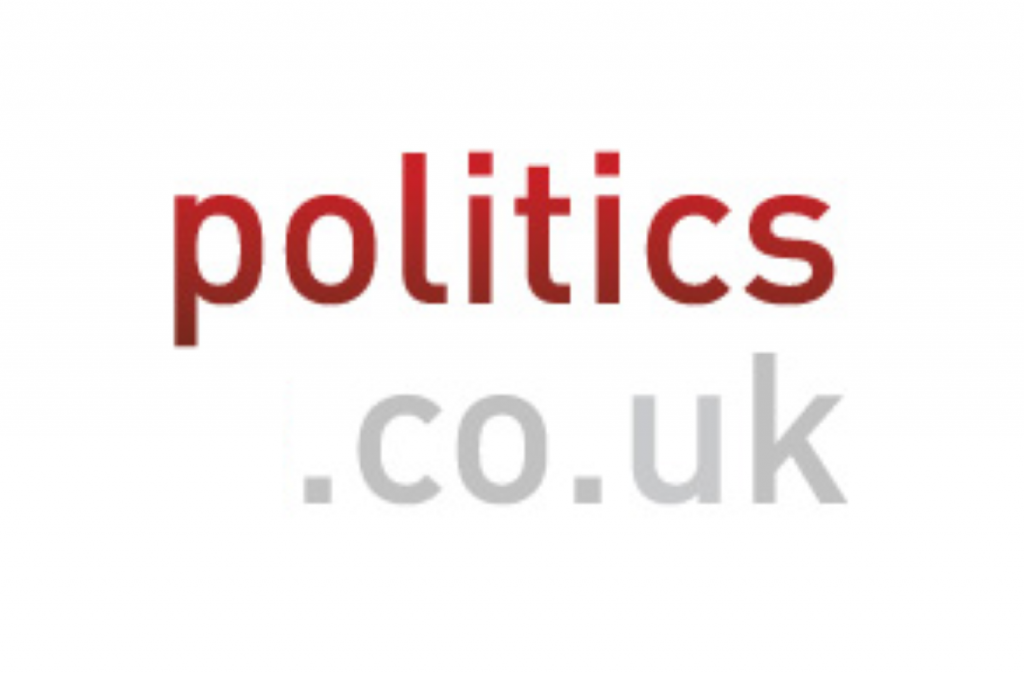The UN: A British view
Yesterday marked the 60th United Nations day. In the second of a three part special feature, politics.co.uk asks leading British politicians what they think of the UN and its future. The result is a peculiar mix of hopes, frankness and idealism.
Remarkably supportive of the UN, most responses praised its general success on the world stage since World War Two. But there are sustained concerns about the institution’s structure and membership.
David Heath: all-party United Nations group member, Foreign Affairs Committee member, Liberal Democrat
“The UN is a great ideal despite its many faults. It must be better for nations to speak to one another than to resort to conflict, and the UN is a key part of the process of international dialogue.”


Mike Gapes: vice chair of all-party United Nations group, foreign affairs committee member, Labour
“The global economic crisis emphasises the need for stronger global institutions. Sixty years ago when the UN system was established at the Conferences in London and San Francisco by the victors of World War Two, the United States under Presidents Roosevelt and Truman assisted by the indefatigable Eleanor Roosevelt played a key role.
“Today there is great expectation throughout the UN system, among the people who work in the UN full time, the permanent representatives of many countries and the non-governmental organisations that there will be important changes in the attitude of the United States so it will be once again play a leading role in constructing multilateral solutions to the problems we face.
“The UN must become more effective and more representative, and its funding should be placed on a stronger and wider basis to reflect the realities of the 21st century world. The fundamental values of the universalist message set out in the Universal Declaration of Human Rights 60 years ago need to be reaffirmed and reinvigorated in our century. They are even more relevant today.”
Geoffrey Clifton-Brown: shadow international development and trade minister, Conservatives
“We should congratulate the UN on achieving its 60th anniversary. This gives us the opportunity to look back at its work over the past 60 years, but also to look at the challenges it faces over the next 60 years.
“At the time it was set up its main task was how to secure world peace in the wake of the Second World War. Today the problems are much more intractable and diverse. From peacekeeping to dealing with genocide, from large scale natural disasters to climate change, from famine to large scale disease epidemics.
“The UN is only as effective as its 192 members will allow it to be. Undoubtedly to deal with these problems it will need to reform its overly complex structure and to consider the reform of its Security Council.
“The rewards of getting all this right are enormous: To produce a safer world by preventing conflict, dealing with climate change, meeting the Millennium Development Goals, dealing with natural disasters when they occur and to ensure that all people have sufficient food and access to clean water.”
Tony Baldry: chair of international development committee, former-chair of the Foreign Affairs committee, Conservative
“The UN is essential for the world, essential for peace.
“There should be an agreement over the UN’s ‘responsibility to protect’, especially with regard to humanitarian disasters such as Darfur.
“But even with its problems millions of people do rely on the UN to survive every day.”
Katy Clark: European scrutiny committee member, Labour
“I hope that UN day is used as an opportunity to discuss the role of the UN in the world and how we use the institution to avoid military confrontation and poverty and injustice.
“To a large extent the UN is a political body that is subject to the world’s biggest powers, but I would like to see its role of decreasing poverty and injustice extended because the organisation has achieved much good on this front.”
Lembit Öpik: all-party United Nations group member, Liberal Democrats
“The UN has done more for world peace than any single country could ever have done – it solves international problems at very tense times. Without it I believe there would have been another world war.”
Kristin Weiland

